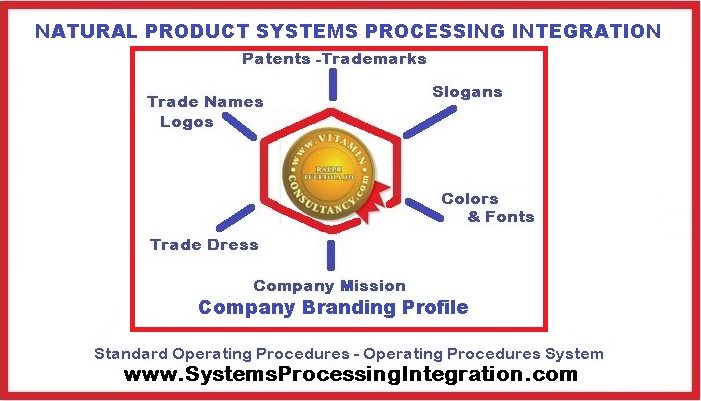My Experience Will Strengthen Your Company
SOPs / GMP Audits / Professional Safety Dossiers / OPS for SOPs

Ralph Fucetola JD provides private and confidential, competent electronic professional consulting to my Dietary Supplement and advanced healthcare ("CAM") modality clients, for the purpose of compliance with International, State and Federal (including FTC and FDA) standards for communicating about the advertising and sale of dietary supplements (including medical foods) and/or providing of health care services and information.
You should consider my SOP / cGMP Certification Course, allowing start-up and established vitamin companies and practitioners who own their own private labeled products to meet with new FDA procedural regulations. See what Dr. Ed Group of Global Healing Center in Houston has to say about my training services, below.
Generally, my web site and literature compliance reviews include a review of protocols, media and/or web site content for FTC and FDA compliance, a review of disclaimers, web site use & privacy statements for compliance with Federal and DMA (Direct Marketing Association) standards and a review of product labeling for conformity with DSHEA (Dietary Supplement Health & Education Act) requirements. I also assists marketers of dietary supplements in the United States, all of whom are required to submit a Notice of Claims Statements to the FDA each time they market a claim.
Attorney at Law in NJ - 1971 - 2006 / Notary Public #2398815
Marketing Within DSHEA Status
Dietary Supplement products are governed by a complex of statutes and regulations. The primary source of marketing rules for nutrient claims is the Dietary Supplement Health & Education Act of 1994 (DSHEA). This Act is now part of the Food, Drug and Cosmetics Act that empowers the Food and Drug Administration (FDA). DSHEA codified the right of marketers to make certain kinds of Claims about Dietary Supplements while forbidding others.
In any event, allowable Claims must also be, under Federal Trade Commission (FTC) rules, "truthful and not misleading" which means, there must be a certain level of substantiation for any Claim a marketer wants to make. In 2009 FTC complicated matters further by making major changes in the Testimonial Rule. On the horizon are several layers of international regulations, including the controversial Codex Alimentarius' Vitamin and Mineral Guidelines that may restrict international trade in supplements and their ingredients. If you sell internationally you may need to obtain an FDA Export Certificate (Certificate of Free Sale).
Can your product be sold as a Dietary Supplement? Is it better to sell it as an ordinary Food? As a Medical Food? Or, is it an OTC drug, or even a Cosmetic! Several questions must be answered, certain labeling formalities must be met and formal notices sent to the FDA.

